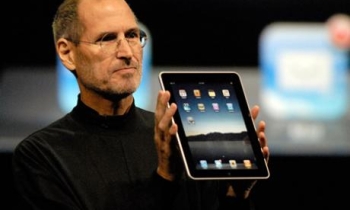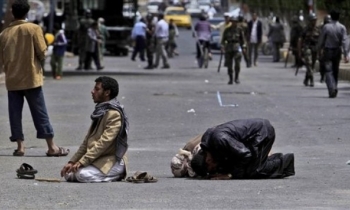Talks on regulating the digital traffic of the 21st century ended without agreement on Friday, but the United States won some backing for its refusal to cede its sole control to an international body from groups representing ordinary Internet users.
Many Web surfers may not like the effective control the United States has over the Internet through its supervision of the Internet addressing system. But few of the user groups at the talks support involving the United Nations, which they say could lead to the politicization of the Internet.
"The UN is not a good body to run the Internet," said Jeanette Hofmann, a German academic representing the Internet Governance Caucus, a nongovernmental group. "We don't want nondemocratic countries to have influence over a system that is so important to the freedom of expression."
The European Union late Wednesday joined calls from other nations for giving supervisory power to an intergovernmental body, but the idea was rejected by Washington as leading to unnecessary bureaucratization. The uncompromising U.S. stance has led to a deadlock in the talks, called the World Summit on the Information Society, which started in 2003 and are set to conclude in Tunisia next month.
Groups representing Web surfers at the talks complained that the dispute between the United States and the rest of the world over administration is overshadowing more important issues, such as cleaning up spam from e-mail systems and combating cyber crime and identity theft, areas where they say governments should play a more active role.
"I think the debate here is not all that relevant to people that use the Internet," said Lynne St. Amour, chief executive of the Internet Society, a nonprofit organization based in Reston, Virginia. "The row is largely because of the geopolitical situation."
While nations feud over who should authorize the use of domain names, experts say the real power is likely to remain with the one billion users of a system that unifies almost a quarter million networks and is largely democratic in the way it operates.
In the same way global trade has exploded in recent years despite the slow pace of World Trade Organization talks, these groups say they believe the Internet will continue to expand with or without an international consensus.
Still, others warn that the unilateral approach taken by the United States could end up having an effect on the Internet if disgruntled nations like China move to set up their own domain name systems in parallel to the existing network.
That could lead to a fragmented Internet, making it harder for users to connect and find information on a global scale, said Robert Shaw, an adviser at the International Telecommunication Union, a UN-run body based in Geneva that hosted the talks.
"If developing countries don't feel their concerns are being addressed, they might just set up a completely different system," he said, while conceding such a drastic step would be unlikely any time soon.
Although the EU and developing countries like Brazil and South Africa have been irritated by the U.S. government's pre-eminent position, in reality Washington has not been that involved in regulating the global network, St. Amour and other experts say.
"The U.S. government has actually had a very light hand over the years," said St. Amour.
In the debates in Geneva, U.S. delegates reiterated a pledge by the Bush administration in July not to give up its supervision of "root zone files" that are the essence of the Internet addressing system, the key mechanism for finding information across the global network. But although the U.S. Commerce Department approves changes, the files are administered by a nonprofit organization called the Internet Corporation for Assigned Names and Numbers, based in California.
Many users want the United States to stick to its promise to eventually make that organization fully independent.
With the United States opposed to the idea of giving up control to an international body, there is little chance of breaking the deadlock soon, delegates said. On Friday, talks returned to a proposal for a global forum to discuss Internet-related issues, but which would not have any regulatory teeth. Delegates said more meetings would be needed before the Tunisia summit on Nov. 16.
"In my view, Internet governance is not about root zone files and domain name systems only," Janis Karklins, the Latvian ambassador to the UN in Geneva and president of the meeting, said in his closing remarks. "That is not an issue which really concerns an ordinary user. Their concern is that the Internet is stable."









